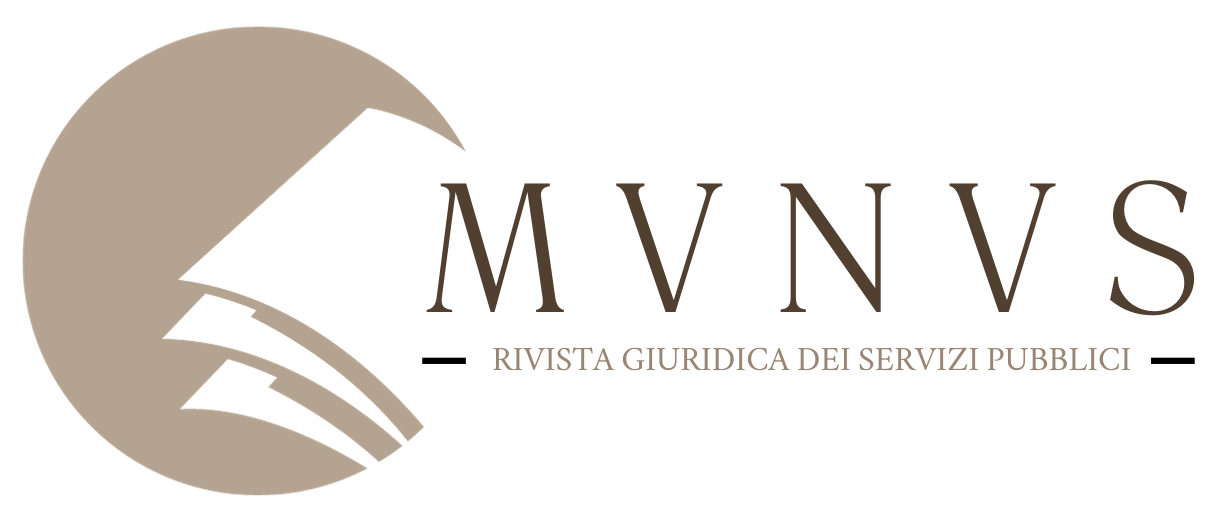Sommario:
1. L’accreditamento come modalità di gestione dei servizi sociali.
2. L’introduzione dell’istituto nel settore dei servizi sociali.
3. Le diverse forme di accreditamento tra istanze programmatorie e di liberalizzazione: un’indagine alla luce del quadro normativo statale e regionale.
4. Le potenzialità dell’accreditamento.
5.Alcune criticità dell’istituto nell’ottica del diritto comunitario.
6. Osservazioni conclusive: la polivalenza dell’accreditamento.
Abstract:
The article focuses on the accreditation of public and private social services providers, conceived as an organizational solution capable of providing various advantages in the delivery of social services. Following a preliminary distinction between accreditation and other – more traditional – methods employed by public administrations for the delivery of social services, the article first analyzes the introduction of such organizational solution in this specific field. Given the shared nature of the legislative competence with regard to this subject, the analysis proceeds with an inquiry into the different models of accreditation that emerge from regional legislations. Two main types of accreditation characterize the current “integrated system of social services”: the open – or liberalized – accreditation, and the closed accreditation. Although both types of accreditation undoubtedly offer advantages in terms of cooperation between public authorities and private actors, higher quality and freedom in the choice of the service provider, the article shows how the second type presents some critical issues. These problematic aspects, that emerge in light of the interaction of this system with some Eu law principles applicable – although with a certain degree of flexibility – to the delivery of social services, suggest a more informed application and regulation of this legal institution.
